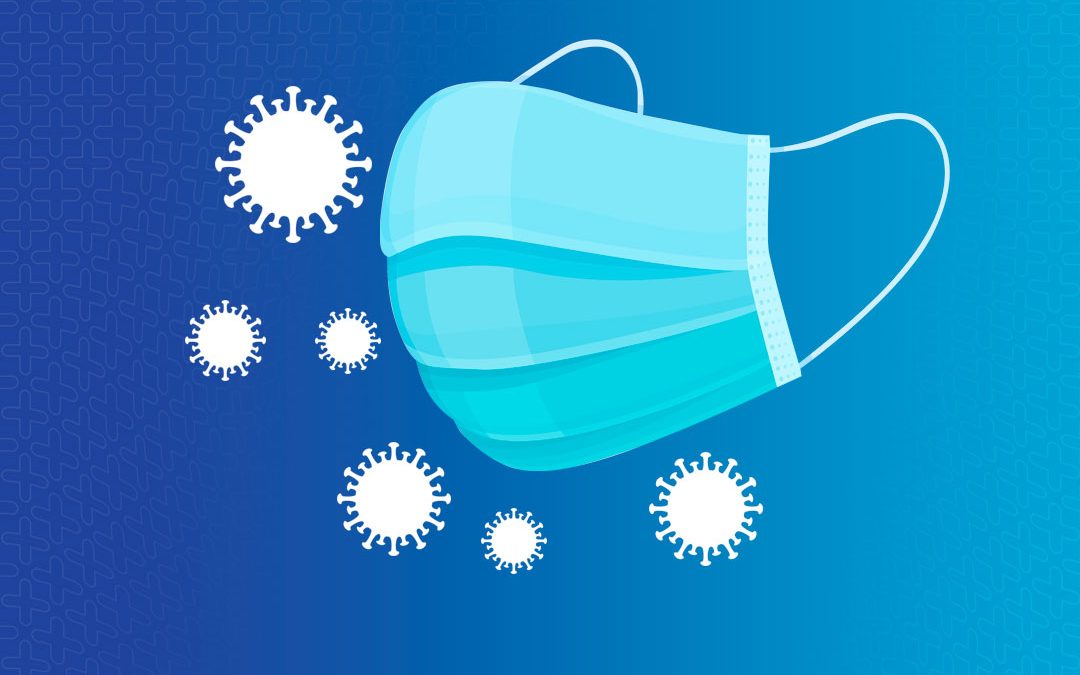Face masks, gloves and other protective equipment can be used to halt the spread of coronavirus in certain circumstances. However, there’s been a lot of discussion recently about who should use PPE.
The WHO (World Health Organization) has suggested that widespread use of face masks will become “the new normal” as the world continues to adjust to living in the time of COVID-19.
COVID-19 is spread via droplets containing the virus. These droplets can spray into the air when infected persons talk, sneeze or cough. These small droplets can then enter the body of uninfected persons via the eyes, nose and mouth – either directly, or indirectly, after a person touches a contaminated object and then touches their face.
Different masks offer different levels of protection. For example, the US Food & Drug Administration states that surgical masks do not provide adequate protection against airborne pathogens. However, surgical masks are useful in stopping droplets from saliva and respiratory secretions (which could contain pathogens) from spreading.
Types of masks
- N95 respirator masks
- Medical masks
- Homemade fabric masks
Making your own mask
Experts agree that all persons going out in public should consider wearing a face mask. The problem is that we are living in unprecedented times, where the demand for masks is higher than the supply. This is making it difficult for many people to purchase masks. Experts also suggest that the existing masks in the supply chain should be reserved for those on the front-line: doctors, nurses, care workers and other medical first-responders.
While homemade masks won’t be as effective as medical-grade devices (such as N95 respirators, which can filter out more than 95 percent of airborne particles), researchers who have studied respiratory illnesses have found that a simple mask can be beneficial when it comes to lowering the risk of infection.
However, it’s important to remember that while masks are useful in protecting against COVID-19 infection, they aren’t the only way to prevent its spread. Don’t forget to adhere to basic safety precautions, including social distancing and regular handwashing.

